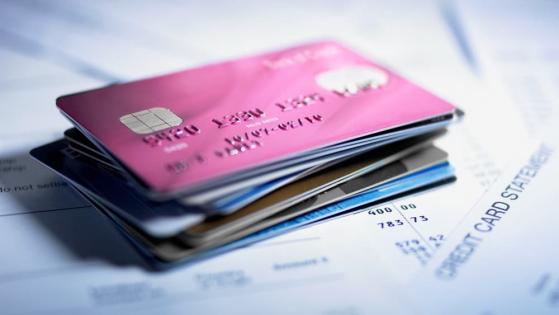To cancel or not to cancel. For many cardholders across Canada, that is the question.
Ever since the pandemic made us rethink our discretionary spending, many credit cards have sat unused. And the more dusty cards you have, the more imperative the question — do you really need all these cards? Doesn’t one (or none) do just fine?
As it turns out, cancelling your credit cards isn’t always the smartest financial move. Yes — even if you don’t use them. Before you cut up that credit card, here’s why you should put down the scissors and give it a think.
1. You might increase your credit utilization ratio Your credit utilization ratio measures how much credit you’re using versus how much overall credit you’ve been extended. For instance, if you have $10,000 in credit limits across two credit cards, and you’re currently carrying a $1,000 balance, then your credit utilization ratio would be 10%.
When it comes to credit utilization ratios, the lower the better off your credit score. Credit bureaus take credit utilization very seriously, which is why it makes up 30% of your credit score. In general, the ideal utilization ratio is below 20%. Anything higher, and you’ll typically see your score drop.
So what does this have to do with cancelling credit cards? Simple. By cancelling a credit card, you automatically lower how much credit is extended to you. Let’s take the example from above. Let’s say you cancel one of your two credit cards, a card with a $5,000 credit limit. You’re carrying $1,000 on your other credit card (now your only one). In the above example, your utilization was 10%, an admirable number. Now, your utilization just jumped to 25%, the red zone.
Before you cancel any credit cards, be sure to take a long, hard look at your credit utilization. If a cancelled card puts you above 20%, you’ll hurt your credit score, and you’d be better off keeping the credit card open.
2. You could erase your rewards When you cancel a rewards card or cashback credit card, you also cancel your rewards. Under no circumstance is a credit card issuer obligated to remind you of this. What’s worse — once your card is cancelled, you won’t be able to restore what you lost. This can be especially tricky for cards that allow you to redeem points or cashback once a year, as you can easily forget what you’ve earned before you cancel.
3. Or close an old account The third-largest percentage of your credit score goes to the length of your credit history (15%). Yes, that includes your first credit card. If you opened a credit card in the now distant days of college (or before), you’d be wise to keep it open. Even if you don’t use it, closing it will hurt your credit score.
4. Or lose a valuable line of credit Finally, let’s not forget the more admirable purposes of credit cards. They’re there to help you in an emergency. While, yes, you should never charge more to a credit card than you can actually afford, if a big medical bill or car repair forces you to borrow money, the APR on a credit card is probably much lower than a personal loan.
If you’re considering closing your only credit card, or a card with high credit limits, I’d take a step back and reconsider. Even if you don’t use it, it could come in handy when you least expect it.
The post Here’s Why You Shouldn’t Cancel Your Credit Card Just Yet appeared first on The Motley Fool Canada.
